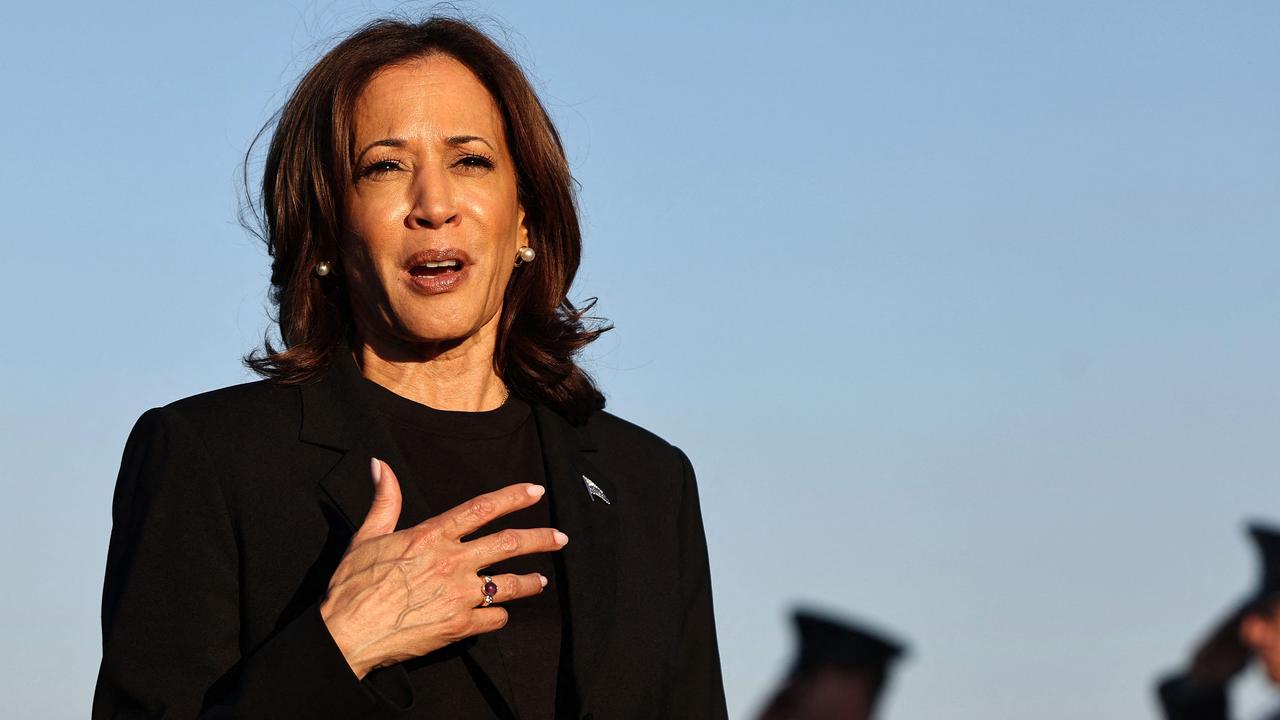Absence of agenda a stumbling block to ‘mandate’ for change
Labor still has a great store of goodwill, but the government is now paying the dire price of being a small political and policy target with no detailed agenda.
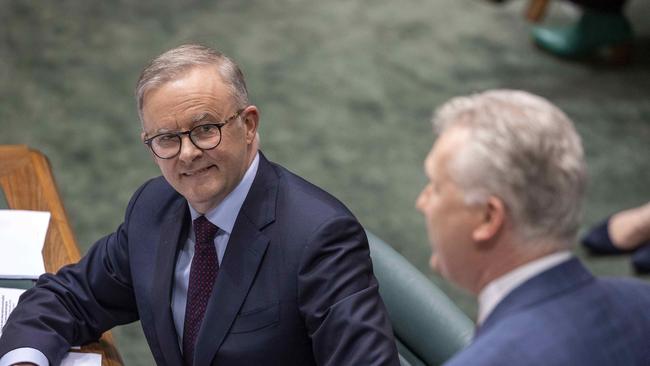
Anthony Albanese and Labor are now paying the dire price of being a small political and policy target with no detailed agenda during this year’s election campaign. It is a price that could well wipe out the goodwill, public support and a virtual guarantee of re-election of a first-term government.
Being a small target in opposition during an election campaign means you can run on an emotional level, avoid tough questions on policy, not frighten voters, minimise mistakes, reassure and neutralise your natural enemies, offer sweeping pledges – such as no new taxes – and be all things to all people.
Labor went to extremes to fit this profile during the election and in the months before, and won an extremely narrow victory against an ageing and aimless government.
But now the Prime Minister and his colleagues are reaping the hollow chaff of such an empty strategy as they struggle to come to terms with honouring long-term commitments, facing changing circumstances and confronting the brutal reality of being in government.
There is no argument that the Albanese government has come to power during some of the most difficult times in decades; that Labor must be nimble, have a focus on the long term and take with it on this arduous trek all the constituent groups to which it appealed.
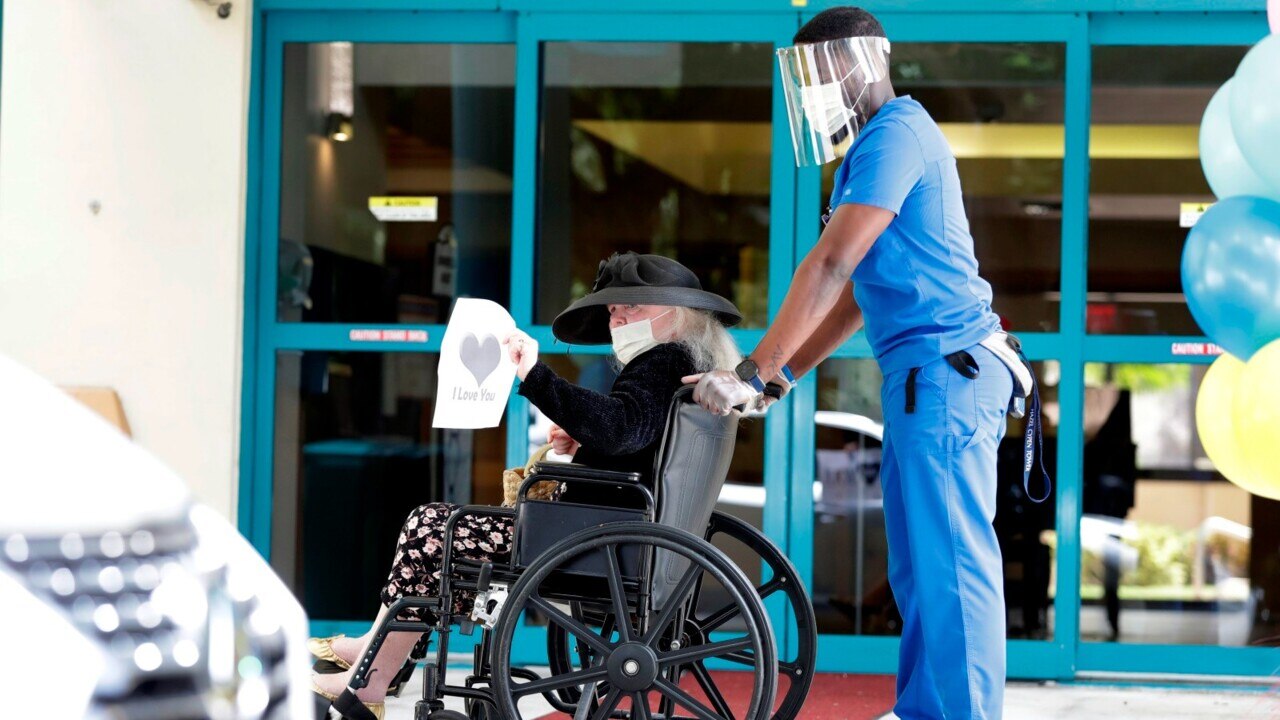
This week in parliament was the first real interruption to Albanese’s successful electoral strategy and assumption of support from progressive independents as well as a sobering test of his claims to be seeking to reform in the manner and substance of the Hawke-Keating years.
There is no doubt Albanese has packed in successful election promise after election promise, gaining confidence in the glow of having kept his word and savaging the Morrison government’s legacy.
Yet the evidence is also clear that, for Labor, being without an agenda is being without a mandate for changes beyond the feel-good, low-hanging fruit.
So much was achieved so quickly because it was easy. Supporting wage increases for the lowest paid and aged-care workers fulfilled pledges, as did legislating 43 per cent carbon emission reductions by 2030, housing agreements with the states and pushing for gender equity. The budget was little more than a rattling off of these easy-to-achieve milestones for a new government basking in goodwill and the sense of something new.
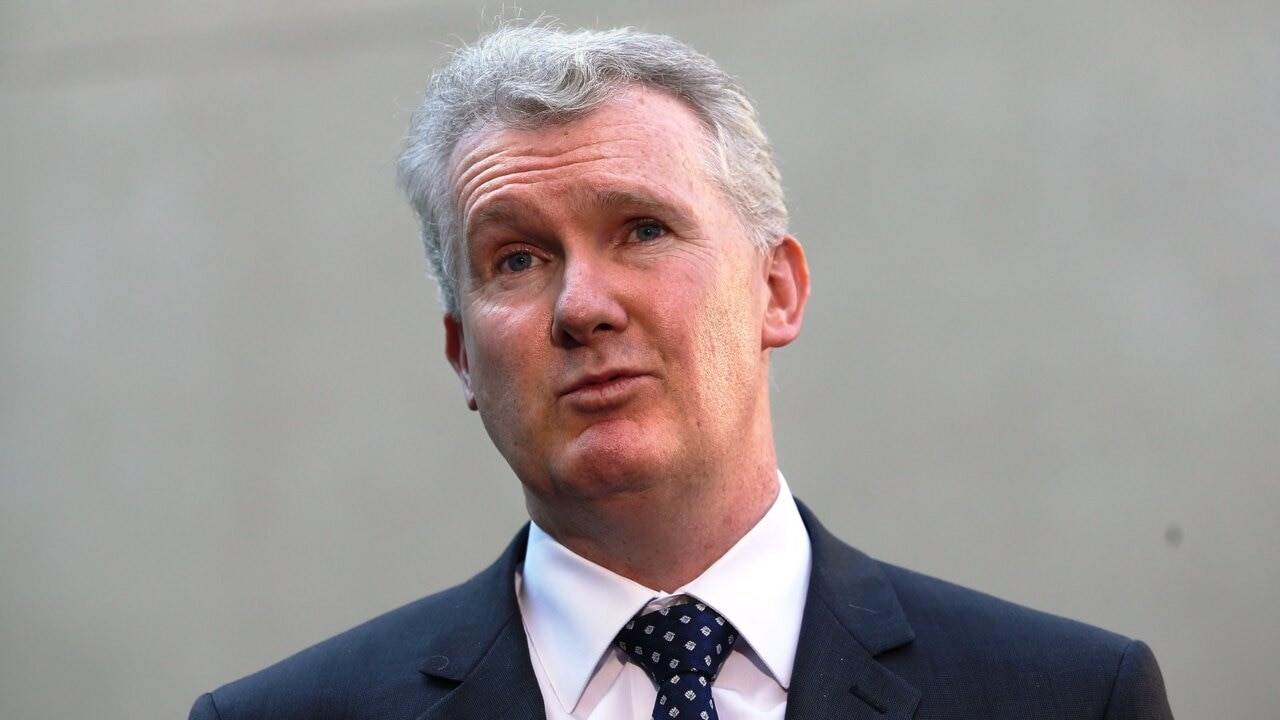
But, this week, honouring old promises in changing circumstances – such as giving the union movement an opportunity to regain widespread relevance in workplace bargaining – and having to make new commitments within changed circumstances, such as new taxes, clashed violently and increased the degree of difficulty.
Labor is still doing well and has a great store of goodwill as a new government, but competing challenges of old promises and new demands have begun to tell with only two more parliamentary weeks left this year. Albanese set a deadline for industrial relations changes to be through by Christmas. He expected progressive support and boasted of his intention to work with business and the unions as Bob Hawke had done during the days of the Wages Accord and the commitment to real reform. As a new Labor leader but with long parliamentary experience he may yet meet the deadline, but the past week has cost the government a great deal.
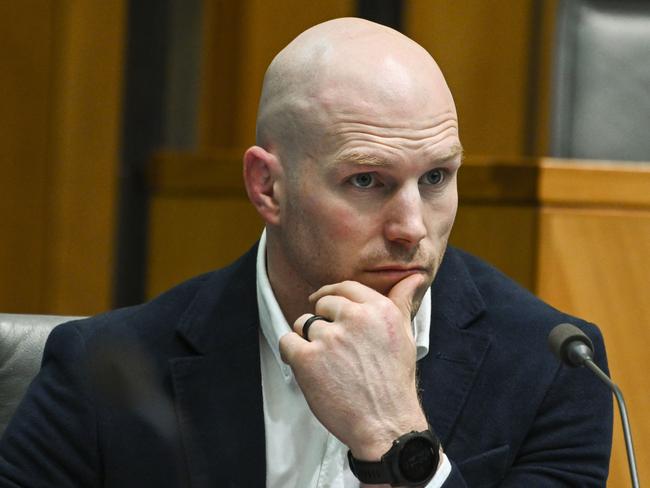
Business is unanimously demanding changes or delay to the IR bill as the early promise of co-operation evaporates. The progressive independents, including a notoriously hard-to-shift David Pocock, who has the opportunity to make a real difference, are demanding more time because there is no mandate plus no explicit evidence of economic advantage.
The claims of Albanese and Tony Burke of a mandate are just not true, and the rush to legislate has all the danger signs of policy made on the run, changed for simple expediency and becoming too complicated for its own survival or efficacy.
On broken promises on energy prices and the potential for new taxes, particularly a mining tax on gas and coal, Labor claims the war in Ukraine changed everything and means there has to be a conversation about taxation and superannuation.
Yet on industrial relations reforms, including the unsustainable definition of multi-employer bargaining, which virtually leaves the way open for industry-wide bargaining, Labor is stuck in pre-pandemic, pre-war and pre-inflation commitments to the union movement.
All of this in the name of the emotional mantra of “getting wages moving again” without any of the rigorous economic justification of Paul Keating and the Hawke government in the 1980s and ’90s.
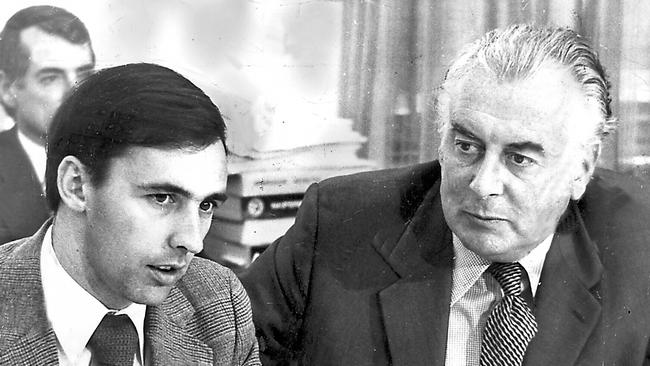
Even Gough Whitlam in 1974, as the head of a relatively new government suffering from the global economic impact of a war that induced a worldwide energy crisis and that pushed inflation to intolerable levels, said in his mini-budget that circumstances had changed. Whitlam quoted his treasurer, Frank Crean, in that budget speech as declaring: “One man’s larger pay packet can mean another man’s job.”
Albanese claims a mandate for his industrial relations changes based on a single speech a couple of weeks before the election but he did not spell out any of the details of the changes to multi-party bargaining or the definition of “common interest”, which has turned business completely against the measures.
What’s more, in that speech Albanese undertook to “commission a white paper on the labour market to set out a plan for how we will promote secure work and higher wages”. Where’s the white paper from Treasury? Well, submissions close from interested parties on November 30 – the day Albanese hopes to have the industrial relations laws passed through the Senate.
Another declaration was “bringing business and unions together at the enterprise bargaining table, with productivity gains as a focal point, if the only way we can increase both profits and wages without inflationary pressure”. That has fallen flat over industrial relations, and looming new hits on superannuation and coal and gas will only worsen relations with business and undermine the promise of no new taxes.

Of course, the rhetoric about potential hits on superannuants concentrates – justifiably – on self-managed superannuation funds with balances of $400m, which are beyond normal retiree comprehension, but the question is, “where does the taper finish?” There are plenty of people suggesting the threshold for changing the tax treatment of superannuation should be much lower – $100m, $5m or $2m – and that starts to get into the real world of retirees.
Again, the only discussion of superannuation was that there would be no new taxes: don’t frighten the retirees before the election because they proved so crucial in defeating Labor at the previous election.
As for a new tax on gas and thermal coal, just as Britain has done, there would be a justifiable sense of betrayal and a real threat to our standing as an energy supplier, even though there may be a popular feeling that excessive profits be taxed.
Anything as drastic as a superannuation change or a new mining tax should be taken to an election, but of course the circumstances don’t allow for that – such is the difficulty of not running with an agenda in the first place.
More Coverage
Read related topics:Anthony Albanese



